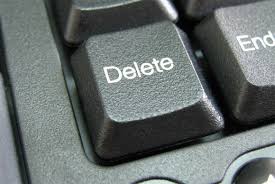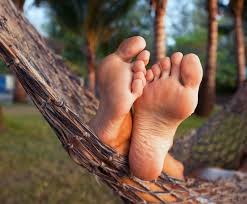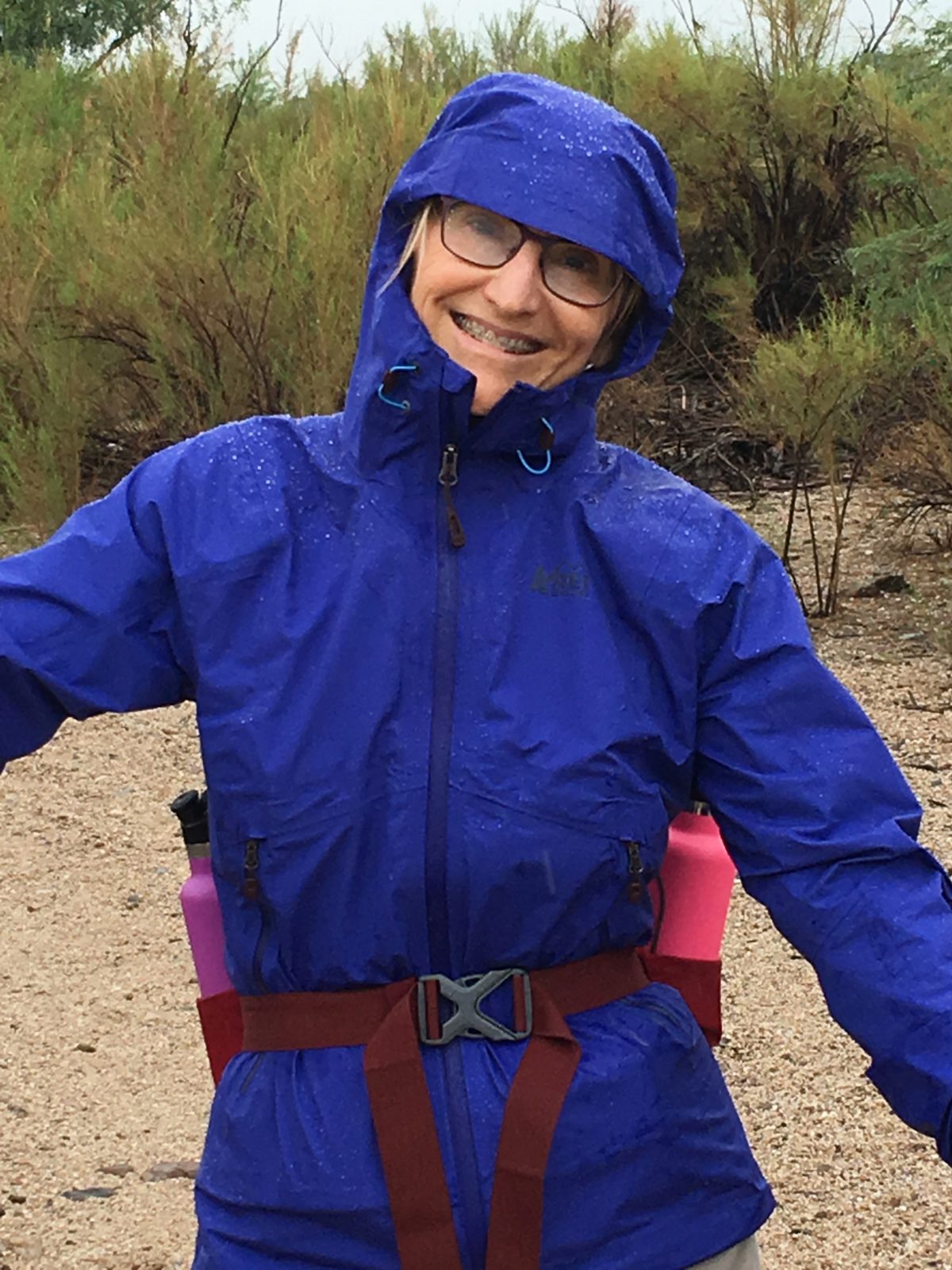When you’re lying around, getting waited on, with nothing hanging over your head besides recuperating, you have a lot of time to think. About yourself, your life, and your priorities. What’s holding you back from achieving them. And what “priorities” and life habits you should erase from the list or alter. So you live a more balanced life and enjoy life more.
Right now I’m working out how I can keep that relative stress-free thing going after I’ve made a full recovery, which should be the middle of August. I’m hoping I’m on schedule!
Of course, I can’t always have it my way with the stress-free living. I’m a daughter, wife, mother, friend and self-employed writer, fitness pro, chaplain and speaker. Stress and unexpected responsibilities and schedule changes can overtake you like a tsunami in any area of life, and often it happens in more than one area at the same time. (During this time of recovery, I also had my son’s echocardiogram for a heart concern burdening my heart, too, so I did have plenty to worry about, IF I’d chosen to “worry.” Thankfully, the results came back normal.)
My responsibility—
While there’s much I can’t control, there is a lot I can control, a lot I can choose to set aside or say “no” to, and a lot I can take a pass on. Like completely ignore. I don’t always have to be everything to everybody. And I don’t have to feel a responsibility to respond to every inquiry or notice I receive.
Making a deeper examination of that was part of my recovery meditation process.
During my initial recovery stages, I read voraciously, watched movies, and colored. I even studied my on-line business-to-business email-writing course, and sat in on several webinars when I felt strong (and interested enough) to pay attention. One I exited fairly early after I decided it wasn’t worth my time or effort. Time I would never get back in my life. At my age, I need to start getting picky. Actually, at any age you should be.
The deadly, depressing emails—
One thing I started thinking seriously about (and realized I’d become somewhat of a slave to) is all of those emails I have lined up in my inbox. You probably have some of them yourself. The ones with the little red flags or yellow stars highlighting them as emails you wanted to go back and read because when they first arrived in your inbox they grabbed your attention, you just knew they were worth reading, when you have time. You were sure you’d have time to get to them later.
Know what I’m talking about? I was sure those emails would give me some little information nugget to improve my life, improve my business, make me a better or more well-rounded person. Make me happier, or more in-the-know.
Then I noticed how many flagged emails I had in just one email account alone. It’s embarrassing to admit. But here it goes. (Drum roll!)
Twelve hundred seventy-eight flagged emails. Yup. 1278. One thousand, two hundred seventy-eight emails I planned to open to read. That I planned to spend my precious time reading.Time I would never again get back.
And you know what? It’s not gonna happen. Ever. Why? Because I really don’t want to read those emails. If I did, I would have found the time to do it when they first came through.
And I don’t want to take precious time to read them, either. Not all of them, anyway. Not most of them, actually. So I made a decision and developed a plan for those emails and future inbox arrivals. Some of these ideas might work for you too.
The plan—
- Go through your list and decide which emails are must-saves, like the airlines tickets, hotel reservations, etc. Move what you can to an email folder, set up for each topic. Learn how to file your emails.
- If the email is older than a month, then it gets tossed. Chances are the same email subject will arrive in my inbox again, at which time I can decide if it’s really timely and important for me, or not. (In which case it needs to be immediately deleted.)
- For those emails that come from a regular blog I subscribe to that I really find helpful and interesting, I can always just automatically delete the email and go to the sender’s web or blog page to scroll through the recent topics or blog posts I should read.
- I can set aside a portion or time block of my day (be intentional on just how much time you’ll set aside) to devote to email and blog post reading. For me, sometimes it’s helpful to read a couple of blog posts or articles on writing early in the morning before I sit down to write. That tends to get me encouraged and motivated. And I always try to start my day with some kind of Bible study or inspirational, faith-based reading.
- For those sites that offer a “Week in Review” email, wait until that comes through and then be selective on what you read.
- It sounds harsh, but don’t assume that everyone who sends you an email needs a response. It’s time to kill the guilties on this one!
- Choose a time of the day (maybe after all of your must-do work is done) to respond to emails from friends. (The same holds true for text messages.) Of course, if they’re emailing you about an urgent need that you can and want to help with, or a prayer request, then it’s usually okay to respond immediately. As long as you don’t allow the conversation to go on and on and on. (Unless you have time, of course.) Family and friends need attention and nurturing, but some are needier than others, and you sometimes do need to be selective on when and how you respond. Always be intentional, thoughtful and purposeful about it.
- I’m setting a time to turn the phone off (or set it aside) and shut the computer down every night at least an hour before I go to bed. (This goes along with knowing when to read emails and not let them consume your day.) That way I’m not chained to those emails and reading them. I’ll be able to prepare myself better mentally for bed, relax, unwind and set myself up for a better night’s sleep.
And you know what I figured out after starting to apply this plan? I learned that I can read about three educational emails a day before my brain starts swimming, and I start forgetting the important points of what I read. So I know I need to be choosy. And really learn and remember the important points of what I’m reading. I think that if I can remember, and apply, 2 – 3 good points to my life and work, I’m doing well! (And that may be 2 -3 points a week, not daily!)
Why delete the unread, flagged emails—
While I could just leave the flagged emails sitting in my inbox, and not spend time deleting them, I won’t. Why? Because just seeing those little red flags and gold stars makes me feel guilty. It screams “Obligation!! Important!!” “Must do!” to me. And that triggers stress and irritation. And I want to reduce my stress and irritation as much as possible.
Even though I might have signed up to receive those emails, I don’t need to read all of them. And I don’t want to be reminded of what I didn’t do and what I might (gasp!) have missed. I don’t want to become a slave to my inbox. I’m determined to slay the FOMO that lurks in my brain. That’s something I need to keep meditating on until the FOMO has fizzled away.
It all might be a psychological game right now, but the brain plays games with us. And I need to retrain mine.
How about you?
Question:
How many “I’ll-have-to-go-back-and-read-those-emails” do you have in your inbox? And when are you going to—with a happy and content heart—send them on their way?
How much is your time worth to you? (In the business world, every second or dollar is spent is weighed against a ROI—return on investment. It’s worth weighing in every area of life too.)
As King Solomon wrote in the “Book of Ecclesiastes”:
“There is a time for everything, and a season for every activity under the heavens:”
NEXT WEEK: Turning FOMO into JOMO!
Until then,
Be ruthless! Like junk mail, learn how to— and be— aggressive about dumping emails!
Blessings,
Andrea
May you prosper in all things and be in health, just as your soul prospers (3 John 2).
Photo copyright pcworld.com




